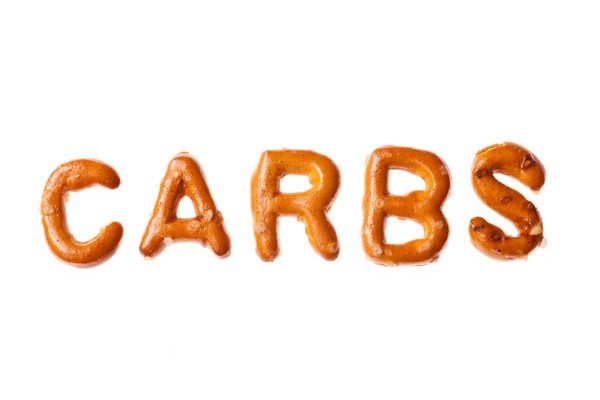Are you a carb-dodger or do you actively reduce carbs to try to lose a few pounds before a beach holiday, wedding or big event?
We’re all so accustomed to seeing ‘low-carb’, ‘carb-free’, and ‘sugar-free’ written on food packaging, and numerous people I know decide to embark on a ‘no-carb diet’ to prepare for special occasions.
But despite this obsession with avoiding carbs at all costs, levels of obesity in developed countries including Ireland continue to rise. And with so much conflicting information on what to eat, it is no wonder that so many people are deeply confused about what they should and should not be eating for optimal long-term health and weight management.
What Are Carbohydrates?
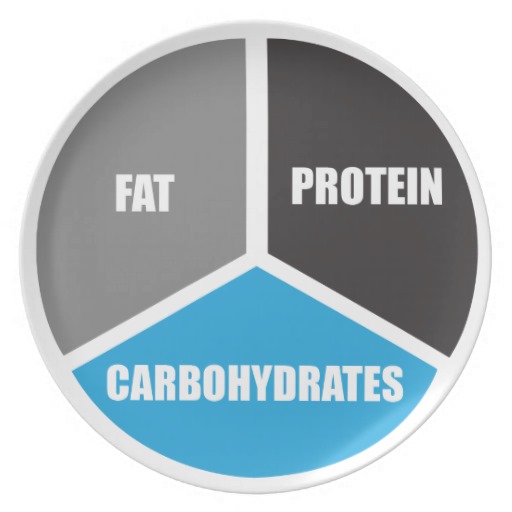
Carbohydrates are one of the three main macronutrients, along with fat and protein. They are essential to eat for survival and provide us with the necessary energy to keep all of our biochemical functions running efficiently.
Human saliva even contains the enzyme amylase, which immediately begins the breakdown of starch into sugars in the mouth. This suggests that we are designed by nature to eat plenty of carbohydrates.
Complex Carbs, Simple Carbs and Fibre:
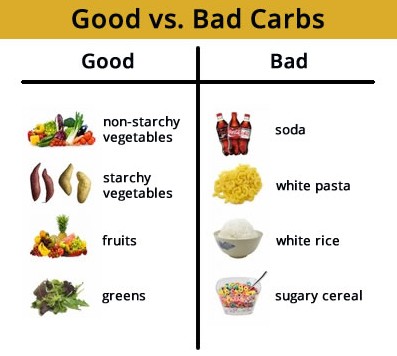
There are three types of carbohydrates: Complex, simple and fibre.
Complex carbohydrates, which can also be called starches, include whole and unrefined grains, vegetables and fibre-rich root vegetables like potatoes, sweet potatoes, pumpkin and squash. Fruit and vegetables are top of the list of the healthiest carbs to eat for a lean body and healthy skin, hair and nails. Their fibre and nutrients keep you feeling full and satisfied, help you maintain your ideal weight and help to balance mood and emotions.
Simple carbs include refined sugar, sweets, white flour products, biscuits, cakes, white bread, some breakfast cereals and pasties. They tend to inhibit weight loss and encourage fat storage around the middle.
Fibre is a complex carbohydrate that is undigested by your body but is essential for both intestinal and overall health as it helps to move food through the gut by the rhythmic muscular action of peristalsis.
The Best Complex Carbs for Weight Loss:
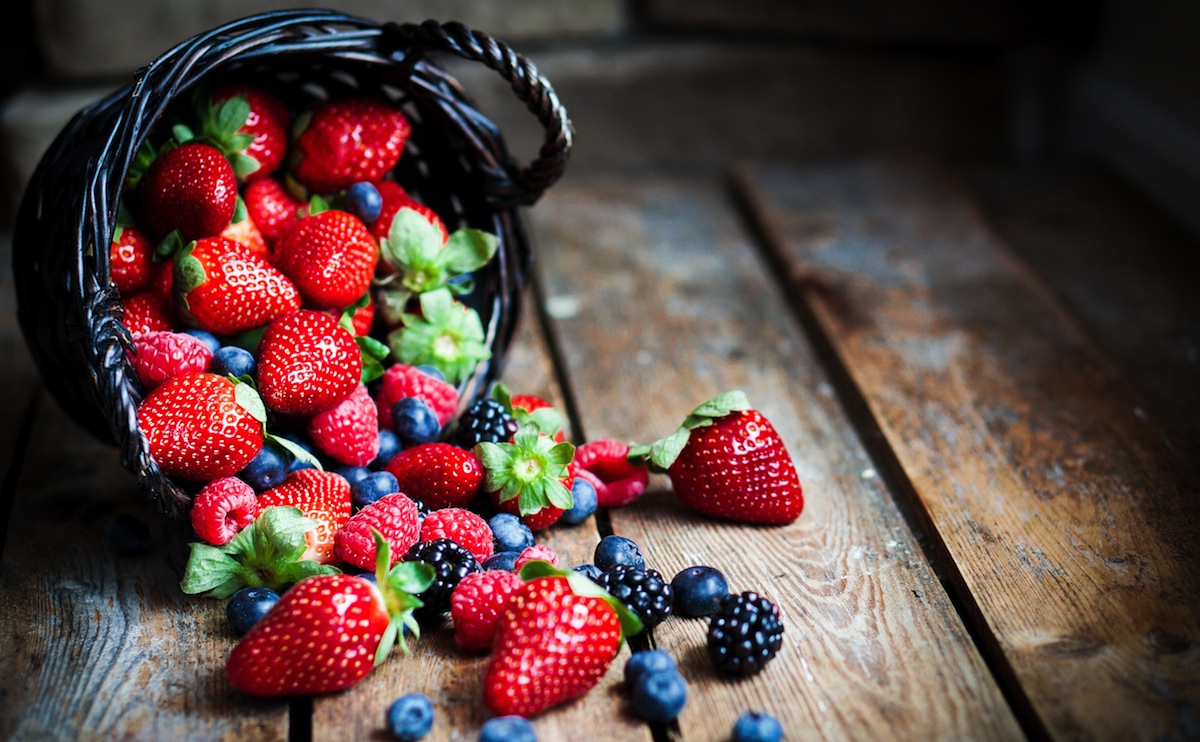
Some of the very best high-fibre healthy carbs include berries, apples, pears, leafy green vegetables, squash, broccoli, green beans, tomatoes, sweet potatoes and carrots. Eaten in their whole form, they digest slowly and gradually release glucose into your bloodstream to help keep you satisfied for longer and less likely to snack on sugary or fatty foods.
Complex carbs will boost your beauty and health the most, and help you to maintain your ideal weight due to their impressive level of nutrients.
Starchy Vegetables:
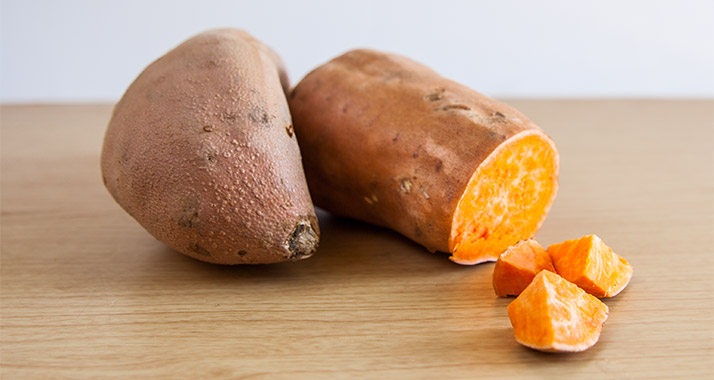
Starchy vegetables such as sweet potato, all types of squash and pumpkin, are naturally low-fat and low-calorie, and help to encourage weight loss as part of a balanced diet and active lifestyle.
They’re a great addition to a meal, as they’re so filling and rich in fibre, vitamins and minerals.
I love to make soups, stews and curries from baked and steamed starchy vegetables.
Whole Grains and Pseudo-Grains:
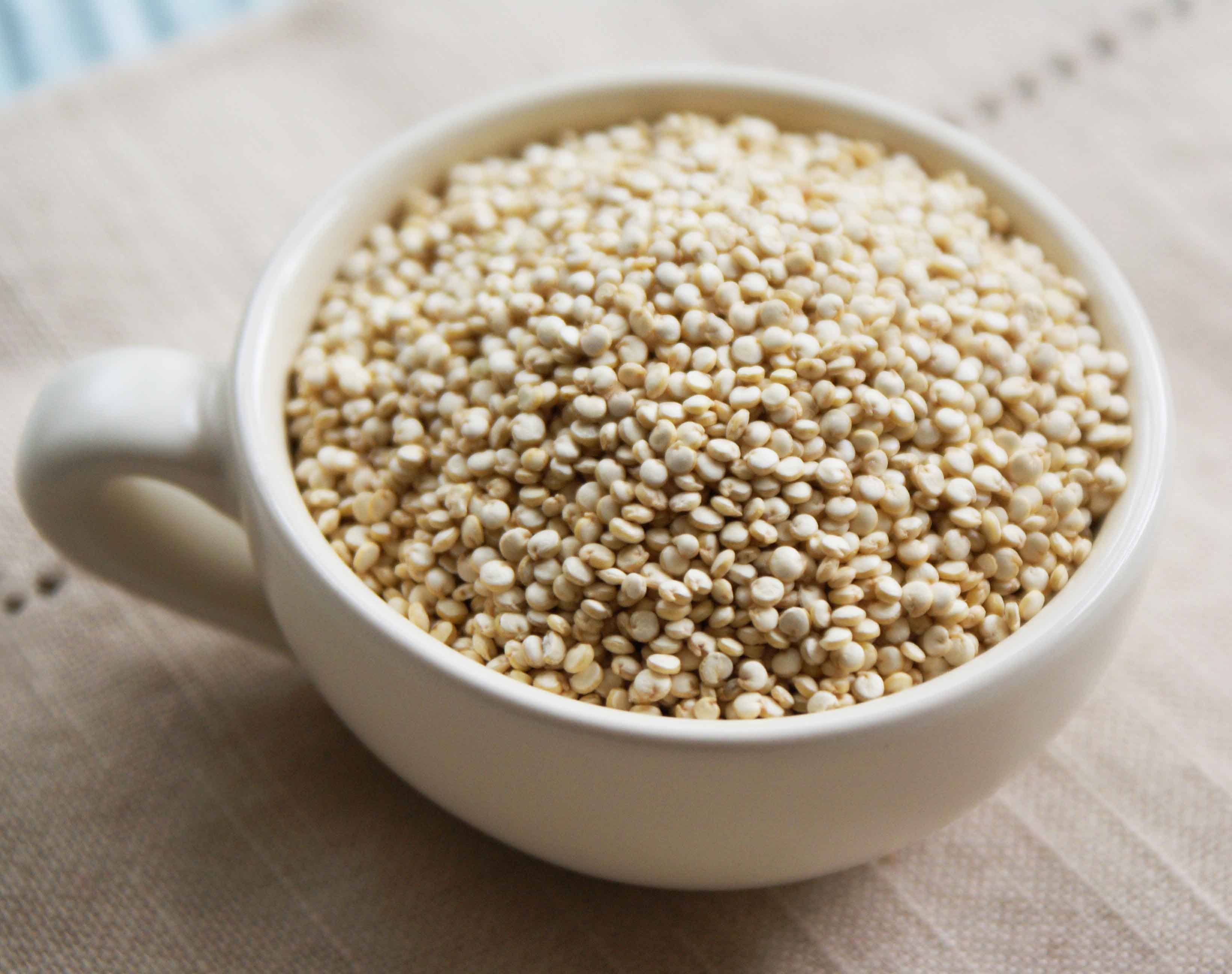
Grains are another type of high-quality carbs to add to your diet. The best choices include pseudo-grains such as quinoa, millet amaranth and buckwheat, as they’re easy to digest, relatively low in calories and rich in essential nutrients.
Brown, black and wild rice are also great choices, and go well with veggie curries, stews, and can even be added to soups to make them more filling. Most of these grains can be easily found in good supermarkets and they tend to be pretty inexpensive, making them a nutritious option for those watching the pennies.
I often make a big batch of quinoa with veggies, which can be stored in a container in the fridge for a few days. I add it to salads, soups and heat it up for meals too. Compared to white rice, or refined wheat-based carbs like pasta, bread and cous-cous, these grains will add good nutrition, fibre and density to your diet, without possible bloating and weight gain.
There are also plenty of great options including soba noodles, millet bread, quinoa pasta, quinoa crackers, quinoa flakes, buckwheat groats, buckwheat porridge to add to your diet.
Legumes:
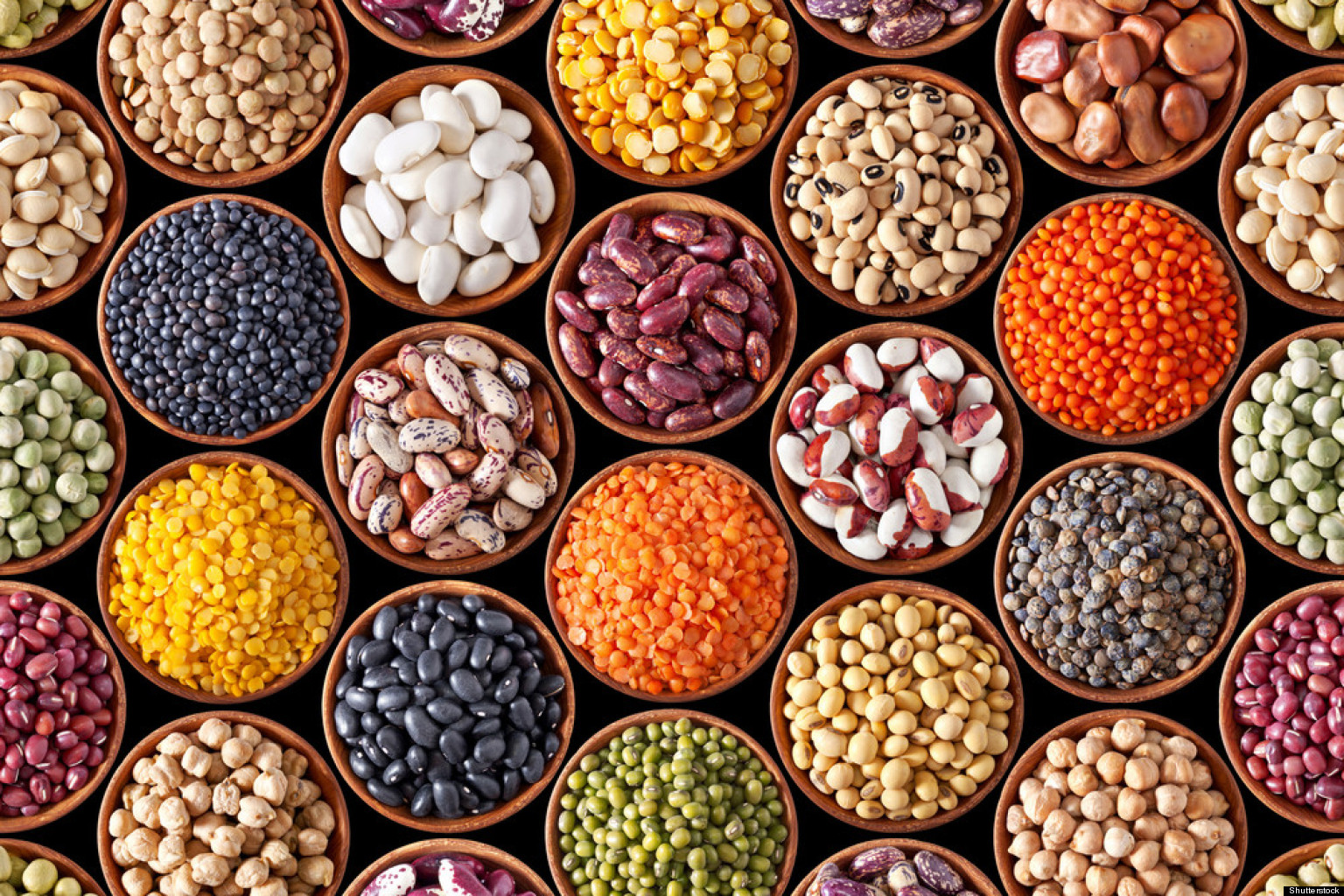
Beans, peas and lentils are another ideal type of starch, and they also happen to be high in fibre, protein and essential minerals like iron and calcium. All varieties of beans, lentils and peas feature in my diet regularly as they help me to feel full and satisfied, and are incredibly versatile. I love making pea puree, hummus and stews, soups and casseroles with legumes.

